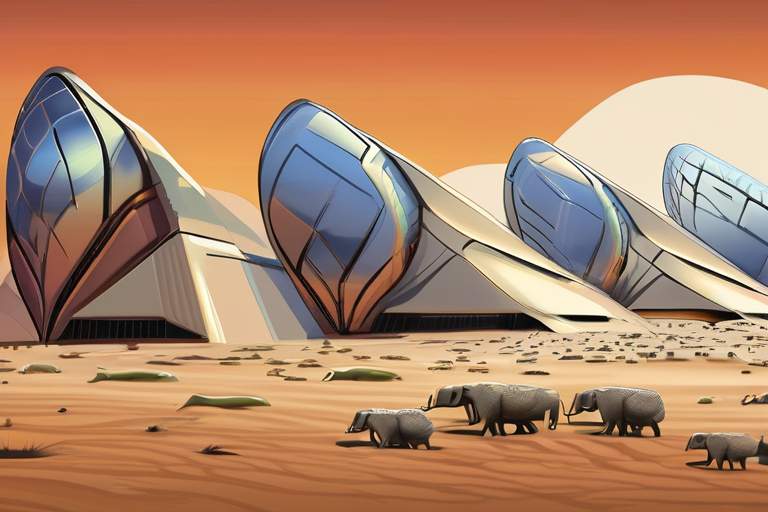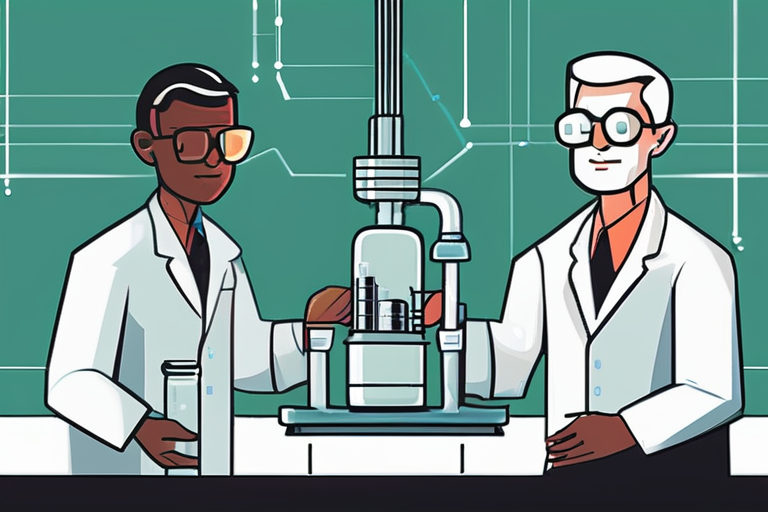Researchers Accelerate Ancient Climate Solution to Combat Global Warming


Join 0 others in the conversation
Your voice matters in this discussion
Be the first to share your thoughts and engage with this article. Your perspective matters!
Discover articles from our community

 Hoppi
Hoppi
 Hoppi
Hoppi

 Hoppi
Hoppi

 Hoppi
Hoppi

 Hoppi
Hoppi
 Hoppi
Hoppi

Scientists Crack the Code on Highly Reactive Oxygen AUSTRIA - After decades of research, a team of scientists has finally …

Hoppi
Breaking News: Nottinghamshire Council Leader Bars Local Newspaper Reporters Nottinghamshire County Council Leader Mick Barton has banned local newspaper reporters …

Hoppi

Mother Jones illustration; Julia Demaree NikhinsonAP; Aaron SchwartzPoolCNPZuma Get your news from a source thats not owned and controlled by …

Hoppi

The Big Rip: A Descent into Chaos In the sweltering heat of Madrid's summer, a young writer named Lorena is …

Hoppi

Bitcoin Price (BTC) Surges to Three-Week Highs Amid Shift in Market Sentiment In a sudden turn of events, the price …

Hoppi
Breaking News: John Early's "Maddie's Secret" Sparks Controversy In a bold and daring move, comedian John Early makes his directorial …

Hoppi